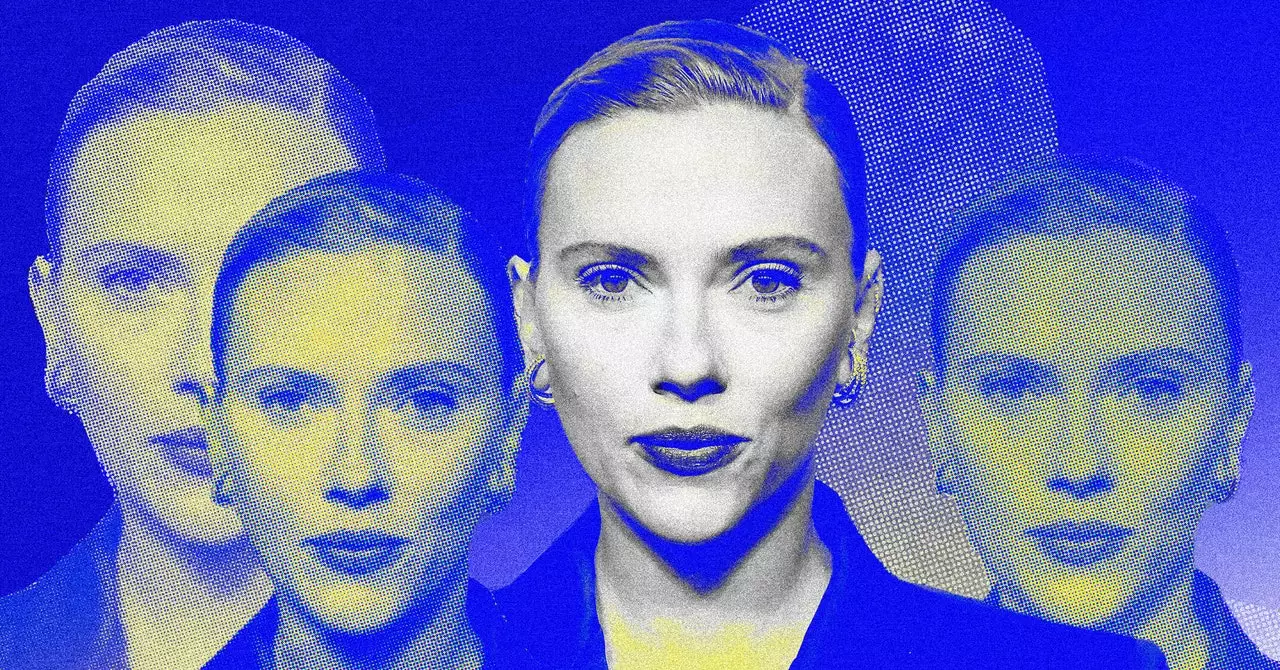OpenAI’s recent controversy regarding the use of an imitation Scarlett Johansson voice has sparked debates among legal experts. Rothman emphasizes that confusion among listeners is the key factor, rather than the use of the actual voice. However, other experts like Colorado law professor Harry Surden argue that the right of publicity claim against OpenAI would be weak due to the superficial similarity between the voice imitation and Johansson’s actual voice. This legal ambiguity raises questions about the boundaries of imitation and the implications for intellectual property rights.
The absence of federal right-of-publicity laws in the United States creates a complex legal landscape for cases like this. With only a patchwork of state statutes governing these issues, the legal framework becomes fragmented and challenging to navigate. Although California has robust right-of-publicity laws, the jurisdictional issues and varying interpretations of these laws add another layer of complexity to the situation.
The ethical implications of using AI to imitate voices raise concerns about consent and transparency. OpenAI’s use of a sound-alike voice without explicit permission from Scarlett Johansson raises questions about the boundaries of AI technology and creative ownership. The company’s attempt to distance the imitation from the actual voice artist while still referencing her work in the demo further blurs the lines between homage and infringement.
The public’s perception of OpenAI’s actions plays a crucial role in shaping the legal outcomes of this controversy. The company’s decision to use a one-word reference to Johansson’s movie “Her” in a blog post could be interpreted as a deliberate attempt to draw parallels between the AI voice and the actress’s work. This strategic move, combined with Johansson’s revelation of prior contact from OpenAI for voice work, complicates the company’s defense against the imitation allegations.
OpenAI’s attempt to create a realistic voice simulation may have unintended consequences on the legal and ethical considerations of AI technology. The company’s portrayal of the imitation as a separate entity from the original voice artist raises questions about the boundaries of creative integrity and intellectual property rights. As the debate continues, the implications of AI voice imitations on artistic expression and legal protections remain uncertain.
OpenAI’s impersonation controversy highlights the complex interplay between AI technology, legal frameworks, and ethical considerations. The company’s decision to use an imitation voice without explicit permission raises questions about creative ownership and intellectual property rights. As AI technology continues to advance, it is essential to consider the implications of voice imitations on artistic integrity and legal protections. The ongoing debate surrounding OpenAI’s actions serves as a reminder of the challenges and opportunities presented by AI technology in the realm of creative expression.


Leave a Reply